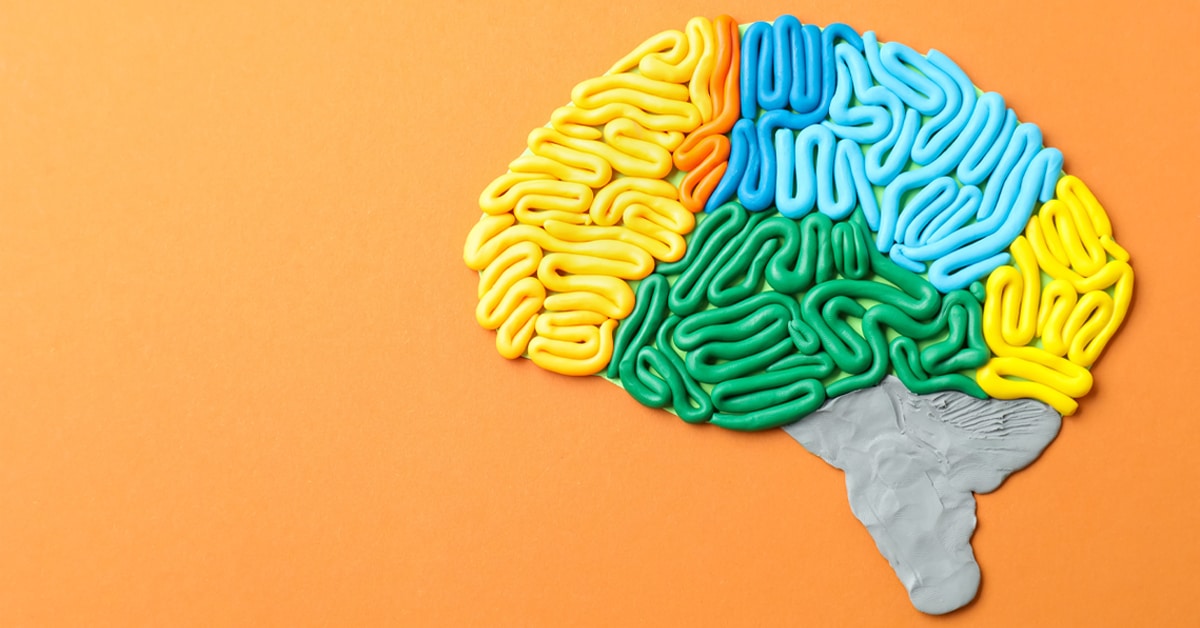
- The brain’s ability to compensate for damage, known as “brain reserve”, can help protect against MS-related decline.
- A new Australian study gathered experts to identify lifestyle changes for brain health, and strategies to help people with MS put these changes into practice.
- The next step is to seek global agreement from experts on these recommendations, to ensure they are widely accepted and applicable.
The importance of brain health in MS
Brain health is important for people living with multiple sclerosis (MS), as it plays a critical role in managing the disease and slowing its progression.
New research suggests that maintaining “brain reserve”, the brain’s ability to compensate for damage, can help protect against MS-related decline. However, when the brain’s compensatory abilities are overwhelmed, symptoms such as cognitive difficulties and challenges with everyday tasks can become more apparent.
TMS Brain Health initiative first published its recommendations in 2015, with the guide, Brain Health, Time Matters in MS. These recommendations emphasised the importance of regular physical activity, weight management, avoiding smoking, and limiting the intake of alcohol. In 2024, these recommendations were updated to reflect new research, offering even more comprehensive strategies for lifelong brain health.
Addressing the gap between knowledge and action
Many people with MS are aware of these recommendations but often struggle to make lasting changes.
Healthcare and other professionals may lack the time or resources to provide in-depth support for lifestyle adjustments during clinic appointments. This can leave people with MS without the guidance they need to successfully implement these changes. To address this, MS Australia-funded researchers from the University of Wollongong gathered expert opinions to identify the best lifestyle changes for brain health and the most effective strategies to help people with MS put them into practice.
What did the researchers do?
The researchers began by developing a list of 15 initial lifestyle aimed at improving brain health for people with MS. These were based on a review of international research and interviews with healthcare professionals and people with MS.
To refine these recommendations, the study used a method called Delphi, which involves gathering input from experts to reach a consensus.
The study included 69 experts in total: 47 healthcare professionals, researchers, academics, and national advocates, as well as 22 people with lived experience of MS. Most participants were women (72%) and between the ages of 30 and 59. Among the people with MS, most had a relapsing-remitting form of MS and reported low levels of disability.
Over three rounds of online surveys, the experts reviewed and refined the recommendations and strategies. Items were revised based on feedback and removed if they did not meet a consensus threshold of at least 80% agreement. Finally, the strategies were mapped to the Behaviour Change Technique Ontology, an internationally recognised framework describing methods to support behaviour change.
What did the researchers find?
The experts developed 17 lifestyle recommendations aimed at improving brain health for people with MS. All 17 recommendations were agreed upon by healthcare and other professionals. Among people with MS, 16 out of 17 were approved, with one recommendation related to healthcare professionals’ awareness of cultural and spiritual beliefs, not reaching consensus, and being removed.
As a result, two separate frameworks were created, each including detailed management recommendations to support brain health.
The recommendations were:
| · Avoid/don’t smoke | · Exercise regularly | · Manage other medical conditions |
| · Keep your brain active | · Limit alcohol intake | · Get enough sleep |
| · Follow a balanced diet | · Nurture mental health | · Manage low energy |
| · Maintain vitamin D levels | · Maintain a healthy body weight | · Early disease modifying therapy for MS and compliance |
| · Promote good gut health | · Stay socially connected | · Engage in the workplace |
| · Avoid illicit drugs | · (Health professionals only): Be aware of beliefs and practices | |
In addition to lifestyle recommendations, the experts also developed strategies to help people implement these changes. By the end of the third round, agreement was reached on 14 strategies, which were organised into a “pathway to change” framework.
For more detail on the recommendations and strategies, you can read the full publication here.
Next steps
This research provides frameworks for lifestyle recommendations and behaviour change strategies that can help healthcare and other professionals better support people with MS in maintaining brain health throughout their lives.
The next step is to gain agreement from experts around the world on these, making these recommendations as widely accepted and applicable across different regions.
MS Australia is working with the researchers to raise awareness and share these findings with a broader audience.
Moving forward, it will be important to test how practical and effective these frameworks are to use. Gathering feedback from both healthcare providers and people with MS will be key to refining the frameworks, ensuring they truly support long-lasting behaviour changes.
